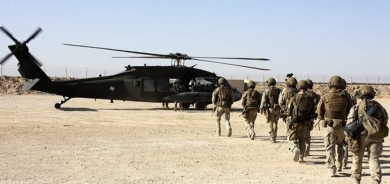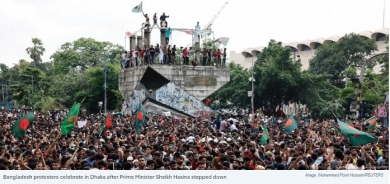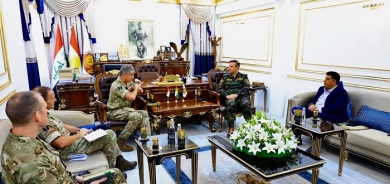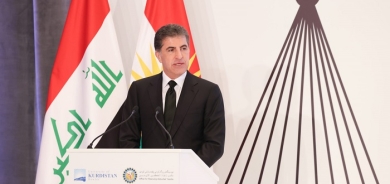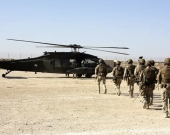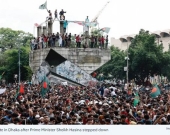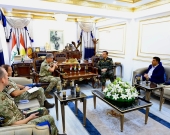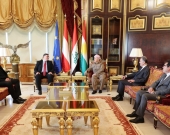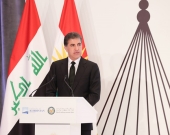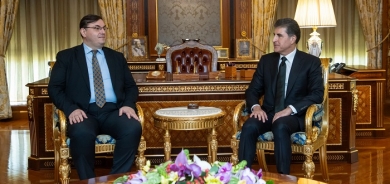Blasts claimed by IS kill 31 at Shiite sites in Yemen capital

IS, a Sunni Muslim radical group, said the attacks were in "revenge" against the Shiite Huthis, who have overrun Sanaa and much of the Sunni majority country and whom it considers to be heretics.
The blasts come almost three months after IS carried out multiple bombings against Shiite mosques killing 142 people.
Two car bombs targeted mosques, while a third hit the house of the head of the Huthi rebels' politburo, Saleh al-Sammad, witnesses and security officials said.
The IS statement said the nearby politburo office was the target.
One of the car bombs targeted the house of Huthi leader Taha al-Mutawakel and the adjacent Al-Hashush mosque, which was targeted in the March bombings claimed by IS.
The other car bomb hit the Al-Quba Al-Khadra mosque in the central Hayel district, which is frequented by Huthi supporters.
Bombs also went off at two other mosques -- Al-Kibssi and Al-Tayssir in Al-Ziraa district, with all the attacks timed to coincide with Muslim sunset prayers.
The IS statement claimed that the attack on Al-Kibssi was a car bomb.
Witnesses said the bombs were planted near the entrances to the mosques, and exploded as worshippers flocked in for the prayers, on the eve of the Muslim fasting month of Ramadan.
At the time of the March bombings, an IS statement described the attacks as "just the tip of the iceberg."
But the carnage drew a wave of condemnations, including one from IS' rival Al-Qaeda, whose affiliate in Yemen issued a statement saying it had nothing to do with the bombings.
The Huthis overran Sanaa in September and have since expanded their control across several regions, aided by troops loyal to former president Ali Abdullah Saleh.
They pushed UN-backed President Abedrabbo Mansour Hadi into exile after advancing in March onto his refuge in the southern port city of Aden, triggering ongoing battles with southern fighters.
In March, Saudi Arabia assembled an Arab coalition that launched an air campaign against the rebels.
On Wednesday, the United Nations was scrambling to get peace talks in Geneva moving, with the exiled government and the Iran-backed rebels accusing each other of trying to sabotage the process.
The third day of the high stakes talks, launched by UN Secretary General Ban Ki-moon with an appeal for a badly-needed two-week humanitarian truce, also stumbled over the makeup of the different delegations.
AFP


